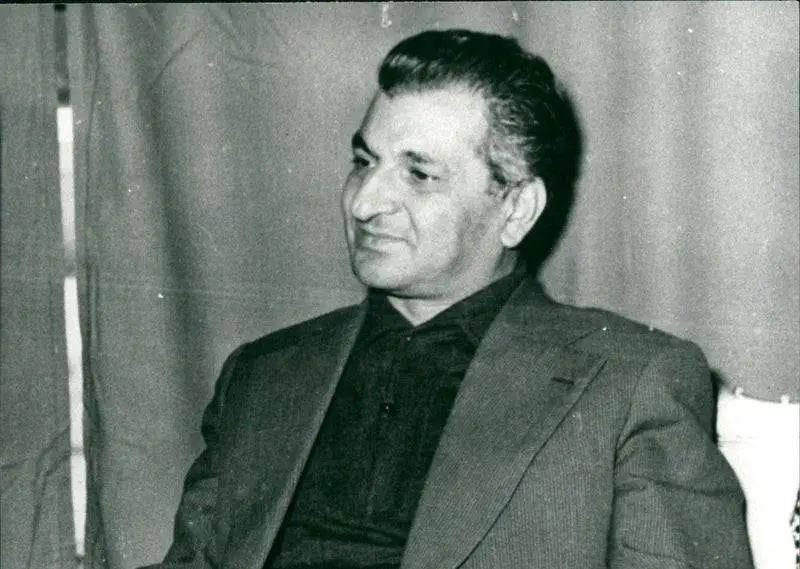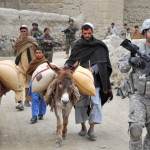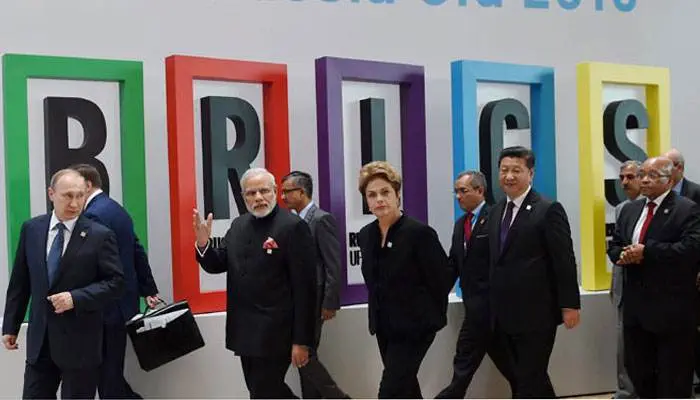My interest in regional security led me to read more about Afghanistan. A country that has seen misery, and which is in an unfortunate position to offer geo strategic value to the super powers and comparatively little natural resources. If location, location, location has great meaning in business, then Afghanistan suffers because of its location. A land locked country at the crossroads of several civilizations and cultures. Had there been resources of strategic value they would have been a colony like many others in the region. It is hard to compare the resources to resource rich countries like Angola, Nigeria or Burma.
I embarked upon reading ‘Modern Afghanistan: A History of Struggle and Survival’ by Amin Saikal. The book is well written and in great detail and must read for knowing more about international relations.
I wonder why we were not taught the history of Afghanistan instead of that of Europe. They are a country whose events have had some impact if not influence on the rest of the sub-continent. The British Empire was engaged with the region and the Afghans proved to be their strongest adversaries. One thing for sure is that the people of Afghanistan with 42% Pashtun, 27% Tajik, 9% Hazara, 9% Uzbeck, 4% Aimak, 3% Turkmen, 2% Baloach and 4% Others (Pashai, Nooristani, Arab, Bruhi, Pamiri, Gujjar etc) … they didn’t take kindly to invaders. For this reason Afghanistan has largely been dominated through treaties and threats from outside its borders.
Amin Saikal goes on to say that polygamy, outside interference and internecine tribal conflict was the bane of Afghan politics. Polygamous rulers had the problem of succession and fraternal feuds led to partisan power groups supported by external powers. The book is in great detail and my brief does not do justice to Saikal’s writings and is intended only capture brief moments in history.
Afghanistan geographically is like Switzerland, land locked, multilingual and mountainous. Their efforts at being neutral have failed several times in history. Their chance of becoming secular even under a communist regime was scuttled. History has proved that there are several ways in which societies jump started their existence into a new social order. Take the case of China, when Mao a war lord who brought about a sense of socialism, when gender equality and literacy became an unexpected outcome. An expanded labour force could only be created by including women into it. Then Deng brought in the Cultural Revolution. Comparing Afghanistan’s progress to China’s has one major element missing i.e.: religion. Has religion been more of a stumbling block to the political unification of Afghanistan? Perhaps not as every tribe and community has its own system of justice and governance largely based on Islamic principles. Outside interference is the key element in Afghan progress and unfortunately it is not serving an entirely Afghan purpose.






